
The Talent Powered Organization
Strategies for Globalization, Talent Management and High Performance
Recommendation
You don’t need to be a genius to figure out that your company’s performance depends on your employees. But Peter Cheese, Robert J. Thomas and Elizabeth Craig maintain that having the right people is only part of the formula for achieving organizational affluence. They say good companies know how to get the most from their talented people and keep them motivated. The authors discuss the pivotal role of line managers in employee retention, performance and job satisifcation. They offer a thoughtful overview (if less generally original content) covering new findings in the field, including solid case histories and analyses of recent surveys and polls. getAbstract believes managers will find value in this thorough exposition of how to recruit, engage, guide and motivate talented staff members.
Summary
About the Authors
Peter Cheese is managing director of an international consultancy’s “Human Performance” practice. Robert J. Thomas is executive director of the company’s performance training institute. Elizabeth Craig is a research fellow with the company.









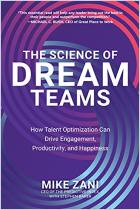
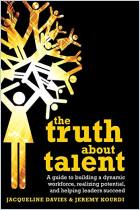
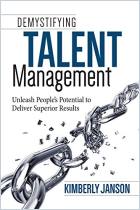
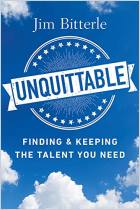
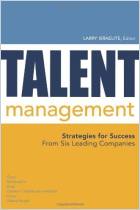





Comment on this summary or 开始讨论